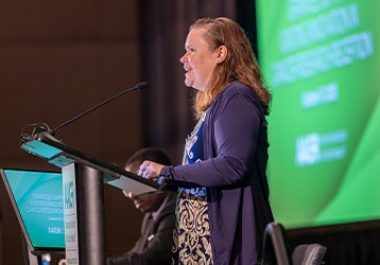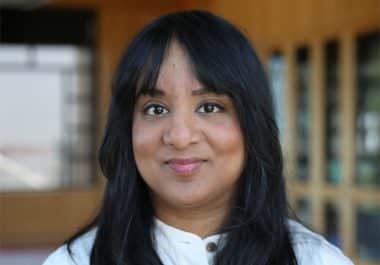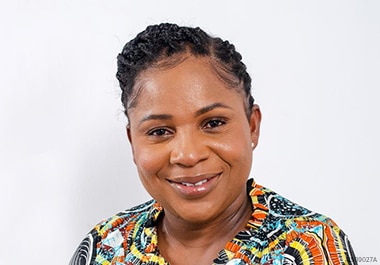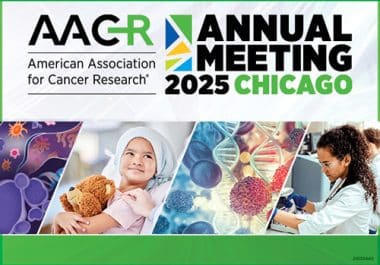
AACR Grantees Share Their Findings: Recent Advances in Cancer Research
AACR-supported investigators are contributing to advances in cancer research through studies spanning immunotherapy, tumor biology, genomics, and patient-centered care. Their accomplishments have been made possible, thanks to the support of the AACR and its funding partners.








